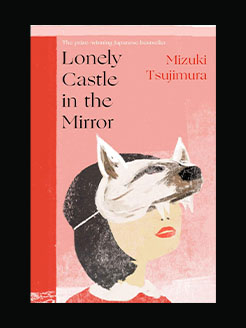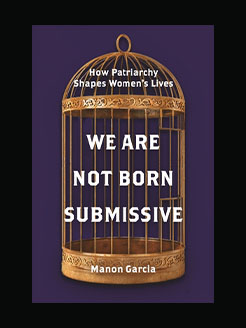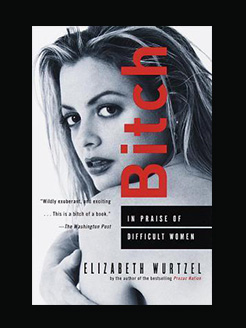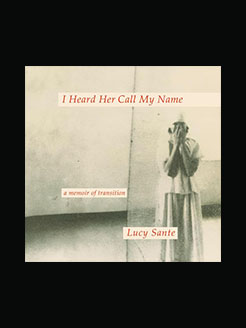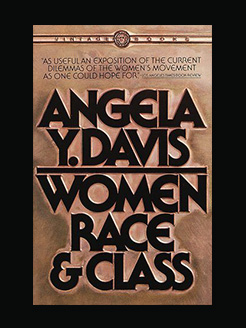Published in 2021
272 pages
Judith K. Brodsky is Distinguished Professor Emerita (1978-2001) in the Department of Visual Arts at Rutgers, The State University of New Jersey, USA. She is the founder of the Rutgers Center for Innovative Print and Paper. The RCIPP, established by Brodsky in 1986, was renamed the Brodsky Center for Innovative Editions in her honor in 2006. Brodsky is also the co-founder of the Rutgers University Institute for Women and Art, the only one of its kind in the United States.
What is this book about?
In Dismantling the Patriarchy, Bit by Bit, Judith K. Brodsky makes a ground-breaking intellectual leap by connecting feminist art theory with the rise of digital art. Technology has commonly been considered the domain of white men but-unrecognized until this book-female artists, including women artists of color, have been innovators in the digital art arena as early as the late 1960s when computers first became available outside of government and university laboratories.
Brodsky, an important figure in the feminist art world, looks at various forms of visual art that are quickly becoming the dominant art of the 21st century, examining the work of artists in such media as video (from pioneers Joan Jonas and Adrian Piper to Hannah Black today), websites and social networking (from Vera Frenkel to Ann Hirsch), virtual and augmented reality art (Jenny Holzer to Hyphen-Lab), and art using artificial intelligence. She also documents the work of female-identifying, queer, transgender, and Black and brown artists including Legacy Russell and Micha Cárdenas, who are not only innovators in digital art but also transforming technology itself under the impact of feminist theory.
In this radical study, Brodsky argues that their work frees technology from its patriarchal context, illustrating the crucial need to transform all areas of our culture including technology to achieve the goals of the #MeToo, Black Lives Matter (BLM), Black and Asian Minority Ethnicities (BAME), and other global movements to empower female-identifying and Black and brown people, and to document their contributions to human history.
